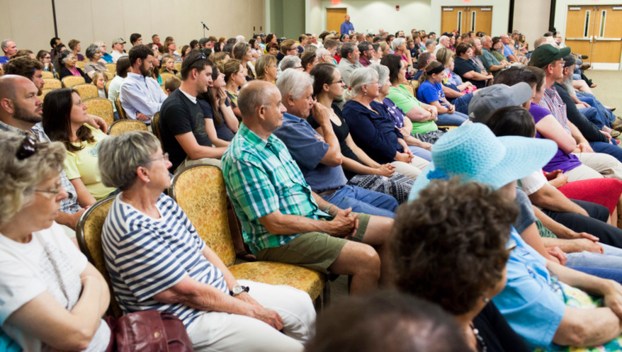
News
Farmer, speaker talks about the meaning behind farm words
Joel Salatin is used to speaking in front of crowds. “I do a lot of speaking around the ... Read more

Joel Salatin is used to speaking in front of crowds. “I do a lot of speaking around the ... Read more